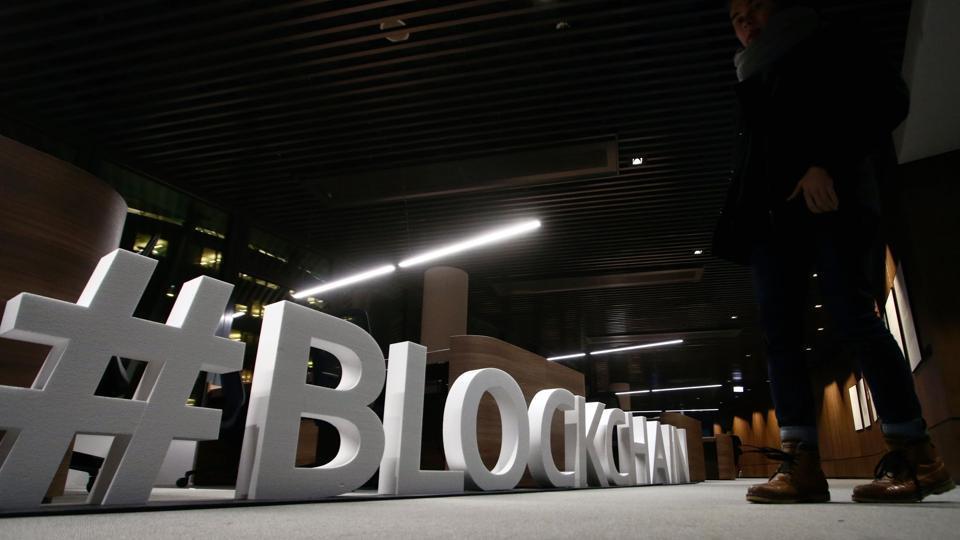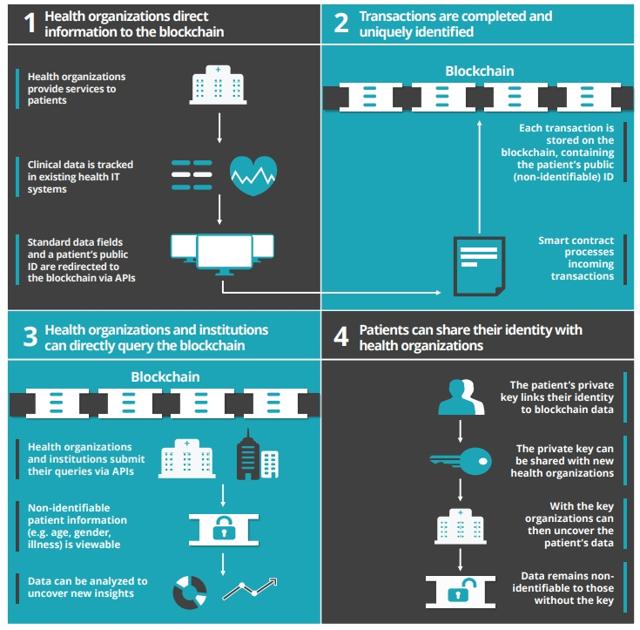Blockchain evolution: Decentralised senior care, new model for health exchanges
Blockchain is fast evolving from being mere an enabler for cryptocurrency exchanges.

One of the biggest beneficiaries of the meteoric rise in cryptocurrencies is the blockchain system - the technology that enables exchange of encrypted virtual currencies. While governments and tech firms are still divided over the use of cryptocurrencies, they seem highly interested in implementing the blockchain.
The technology itself is witnessing a fast-paced evolution, graduating from enabler of cryptocurrencies, a secure platform for decentralised databases to serving humans in the real world.
Of the many sectors banking on blockchain, one of the most important is healthcare. Health tech firms are leveraging the core features of blockchain, such as confidentiality, encryption, and decentralisation.
"A blockchain-powered health information exchange could unlock the true value of interoperability. Blockchain-based systems have the potential to reduce or eliminate the friction and costs of current intermediaries. Particularly compelling use cases for blockchain technology include the Precision Medicine Initiative, Patient Care and Outcomes Research (PCOR), and the Nationwide Interoperability Roadmap," financial firm Deloitte has noted in its report.
"For these and other high-potential areas, determining the viability of the business case for blockchain is paramount to realize the benefits of improved data integrity, decentralization and disintermediation of trust, and reduced transaction costs," it said. ALSO READ: Blockchain: Benefits of this emerging technology beyond cryptocurrencies
GladAge, an Australian firm, is using the blockchain technology to create an ecosystem for senior citizens to deliver personalised care and senior homes to choose from. The core of the ecosystem is built on the blockchain which further helps in creating a decentralised system.
The platform also uses other technologies for various aspects of the system, like e-commerce solutions and customer relationship management modules.
GladAge says blockchain helps the firm fully secure sensitive data, like financial transactions, health records, user reviews, profiles of service providers, credit values and the like.
"Blockchain has proven worthwhile in trust-imperative cases. It is highly useful in cases where a central authority controlling an institution can lead to a conflict of interest and also risks exploitation of users," said GladAge CEO, Sunny Kapoor.


GladAge also sees the blockchain potential in India where the company plans to roll out its services in the coming months.
By 2030, older persons will outnumber children aged 0-9 years (1.4 billion versus 1.3 billion); by 2050, there will be more people aged 60 years or over than adolescents and youth aged 10-24 years (2.1 billion versus 2.0 billion) - UN.
"Population over the age of 60 is 103.2 million in India and is expected to soar up to 300 million by 2050. This will translate into a substantial increase in demand for aged care services and products. Also, the senior care sector in India currently stands at $7 billion and demands a transformation, which only seems possible with blockchain. With the advent of this disruptive technology, we can expect a noticeable improvement in the sector's services and standards," he explained.
Apart from healthcare, blockchain is also being considered for governance. It's worth noting that the Indian government has already expressed interest in exploring blockchain technology. Earlier this year, the NITI Aayog said it was exploring possibilities for implementing blockchain in governance. Some of the areas where it has zeroed in are land records management, supply chain management, including public distribution system and pharmaceutical supplies, and electronic health records and healthcare. ALSO READ: Blockchain platform can be next Apple: Steve Wozniak
Catch all the Latest Tech News, Mobile News, Laptop News, Gaming news, Wearables News , How To News, also keep up with us on Whatsapp channel,Twitter, Facebook, Google News, and Instagram. For our latest videos, subscribe to our YouTube channel.































